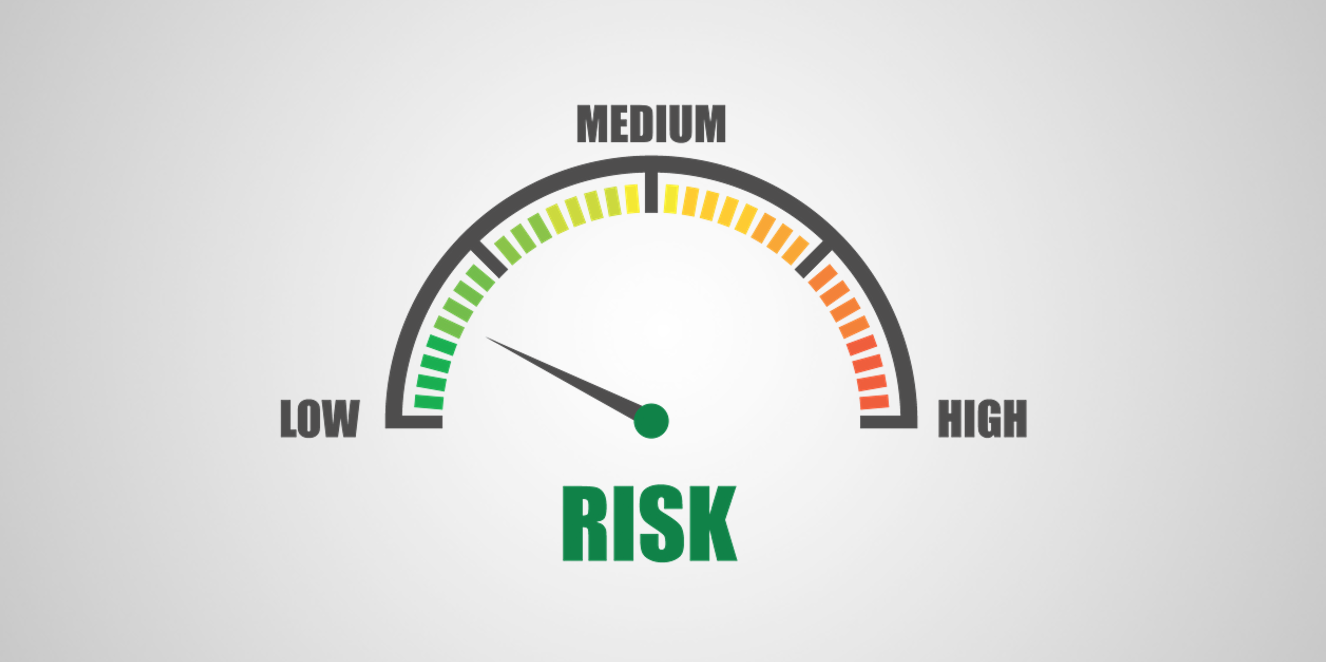Sometimes, running your own business and being the last point of call in the hierarchy can come with some daunting responsibilities, and that includes abiding to numerous mandatory requirements.
It’s a common scenario: the manager or owner of a limited company going about their day to day business, ensuring things are running smoothly, only to be hit with the demands of reporting obligations at the last moment.
It is not unusual for small businesses to balance the budget by meeting these obligations all by themselves. But getting it wrong can cost you!
Overlooking key reporting responsibilities and missing essential deadlines can be a huge mistake… a mistake that will end with your company being fit with hefty fines and even penalties.
Reporting Obligations For Limited Companies
Whether you’ve already set up your small business, or you’re thinking about it, you need to know exactly what is expected of you in advance so that you’re more than prepared when the letters from HM Revenue & Customs start flooding in.
Setting up your company may have been quick and fairly easy, but the tough part is dealing with the administrative responsibilities that come with being a business owner.
Small business accountants often get panicked enquiries from individuals who are late filing their annual return with Companies House. They often don’t have any idea about the repercussions for doing so, but that is certainly not an excuse and being unware unfortunately won’t save anyone from paying their fines.
So now that you’re aware of the consequences, all there is left to do is moving forward is ensure you’re educated on your obligations as a limited company owner, which is where Northants Accounting can help…
Confirmation Statement (Formerly Known As Annual Return)
This is often the reporting obligation that gets forgotten about the most, which is why we’ve started with it at the top. Many new business-owners have been caught out with this one and we would hate for that to happen to you.
An annual return needs to be filed so that Companies House has correct, up-to-date records of your company. That also applies even if your company is dormant.
Luckily, Companies House only requires a shortened set of accounts to be filed, which is seemingly easy to prepare when compared to the demands from HMRC.
HMRC and Company Houses are two completely different governmental departments. They do not work together, so don’t be under the impression that just because you have filed information and reported to one, that the other department will automatically receive the same information too.
Looking for a new accountant?
GET IN TOUCHHere is a quick checklist for your annual return. Ensure it provides details about the following:
- The company’s registered address
- Is the company private or public
- Details of shareholders
- What does your company do? Including up to 4 standard industrial classification (SIC) codes
- The Company’s officers – that includes any directors and the company secretary
- A statement of capital – this is only if the company is limited by shares
- The company’s single alternative inspection location (SAIL) – this is the address you provide where company records are available for inspection for at least two hours every weekday
Once you have everything you need, you can start filing your confirmation statement here.
Company Tax Return
All limited companies are required to file a company tax return with HM Revenue and Customs every single year. You will get a ‘notice to deliver a Company Tax return’ from HMRC.
Regardless of whether you make a loss or have no corporation tax to pay, you still have to file a company tax return.
Within the tax return, you must work out your profit or loss for Corporation Tax (this is different to the profit or loss shown in your annual accounts) and your corporation tax bill.
If you’re unsure about how to do this, it’s best to get an accountant to prepare your tax return.
Abridged Accounts
Formerly, small business owners were expected to file an abbreviated version of the statutory accounts with Companies House that outlined the basic information that was required.
But abbreviated accounts were superseded by abridged accounts and this has caused some confusion for many.
Whereas before a company would prepare full accounts for its members and then choose whether or not to present an abbreviated version for the public record, businesses are now expected to prepare a single set of accounts for both its members and for public record.
Abridged accounts must include either an abridged profit and loss account, an abridged balance sheet, or both, if you want to be sure you’ve covered all bases.
It’s important to note that abridged accounts must be filed with Companies House nine months before the end of the company’s financial year.
Statutory Accounts
Lastly, you must remember to put together a file containing all the financial records relating to your limited company.
However, you really need to make sure you’re organised with this one. Statutory accounts MUST be filed with Companies House within 9 months of the end of your businesses financial year – and a copy of these accounts must be sent to every company shareholder.
Your statutory accounts should include:
- A director’s report
- A profit and loss account
- Balance sheet
- Notes to support the balance sheet and profit and loss account
You may decide that you don’t have the time needed to complete the numerous forms above. If so, there are plenty of accountancy firms out there that would be willing to do the work for you.
To Conclude
Whilst owning your own limited company can bring great joy, it also brings great responsibility too. There are numerous filing and reporting obligations and administrating a company requires significant amount of time and money to meet with the plethora of filing and reporting responsibilities.
In most cases, there are tax advantages for operating as a limited company. However, ensure that you know all the obligations or have an accountant overlooking the financial parts of running a company.
Late filing or reporting of any of the above obligations will result in a fine, penalty or interest payments. In the case of your accounts, both HMRC and Companies House can and will fine you if you don’t adhere to the rules. Fines start at £100 and the punishment for significantly late reporting or filing of documents can even result in criminal conviction.
At Northants Accounting, we hold both the knowledge and experience required to handle reporting and filing returns.
To find out more about this, get in touch with us today!














